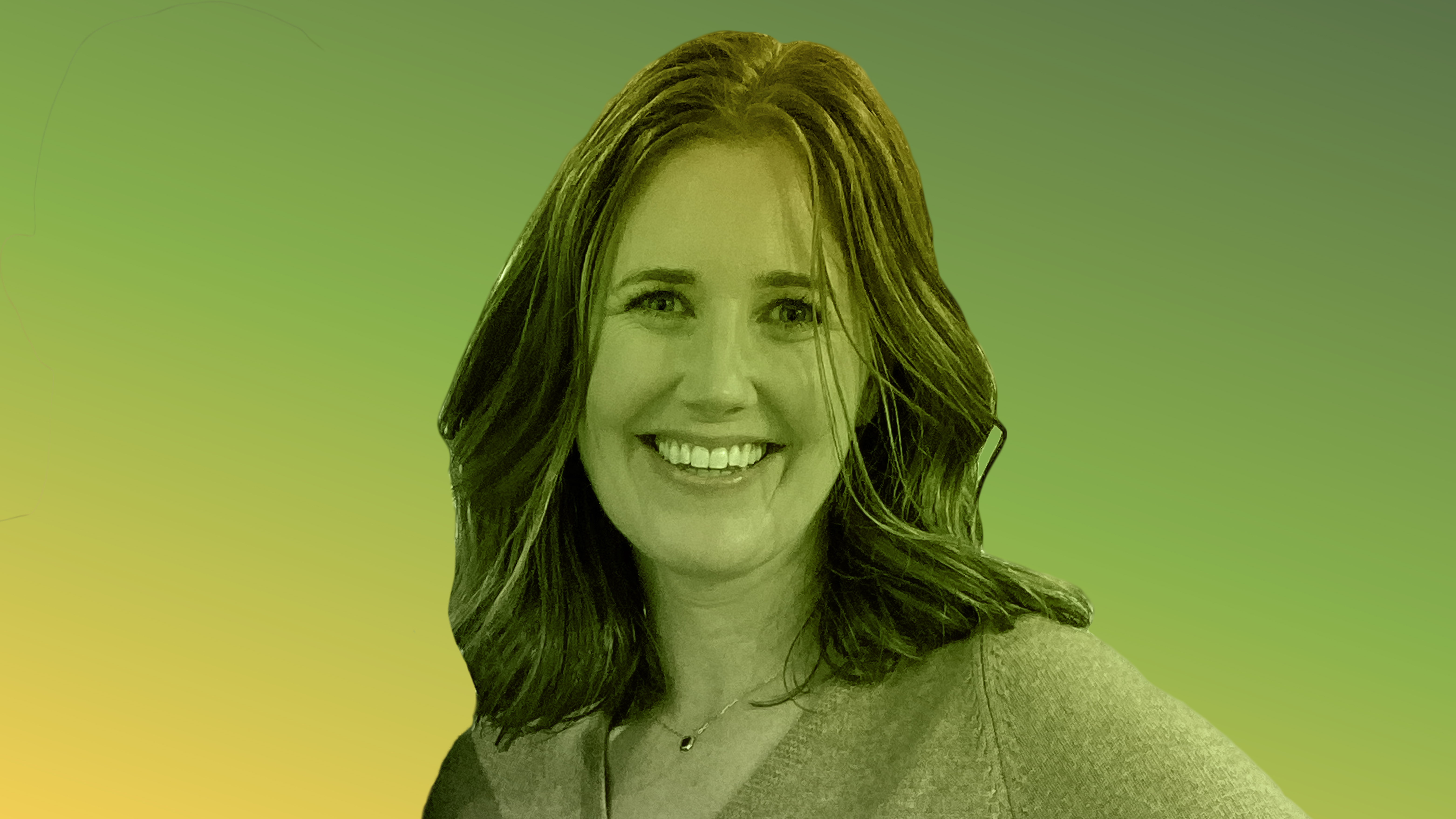Stop Shoulding On Yourself + Start Living Your Personal Genius | with Regan Walsh
Regan Walsh is an NYU-certified executive coach who helps women who are trying to do and be all things for all people in their careers, in their families, and in their communities. She’s helping them thrive, not just survive. Her coaching drives results because she challenges people to clarify their vision, guides them as they map a clear plan to achieve their goals, and supports them along their journey.
But we aren’t starting this episode with a story about contributing to Harvard Business Review or Forbes. We aren’t talking about being featured in Fast Company, Smart Business, and NBC News. We’re not even talking about the thousands of people who Regan has helped as a coach or speaker.
Instead, we kick this episode off with a story that, to be completely honest, neither Brett or Regan is exactly excited or proud to share. However, it’s still important that we start with this story and share these not-so-glamorous aspects of our lives — because one of our goals with this show is to share and examine the full scope of the human experience, this singular thing that unifies every one of us.
This isn’t just catharsis for Regan and Brett, either. When someone shares their experience openly and honestly, we think something magic happens: you’re able to see yourself in that story, connect with the person who shared it, and grow together. So we tell these stories because, regardless of where you are on your path, we want to engage you in the process of conscious development.
What Brett asks:
- [1:50] Can you share the story of when we first met?
- [8:30] How did your life come to be?
- [13:40] How would you describe your parents?
- [23:50] How did you compensate, even unconsciously, because you told yourself that you’re not as smart as everyone else?
- [25:00] What does “fun Regan” look like?
- [30:00] How did you learn how to use the things that come naturally to you, or that you compensated with, to serve you?
- [34:30] Were you consciously compensating for your perceived weaknesses or was it instinctual?
- [37:05] Did you start to lean into your “superpower” and use it to your advantage?
- [39:00] What else shaped you during your early adult life?
- [48:00] What happened after Regan’s “starter marriage” fell apart?
- [59:45] Tell me about how you made the leap into coaching and being of service.
Lessons for intentional living:
- We get so attached to the stories that we tell ourselves. We have an awkward experience, tell ourselves the other person feels some way, and then we reinforce this notion every time we see them. But in holding onto those stories, which are pretty much just lies we convinced ourselves were true, we unconsciously sabotage our relationships, careers, and lives.
- The stories we tell ourselves as children are particularly potent, especially if they originate in something that an adult tells us or a label they apply to us. What begins as a thought or a label grows into huge insecurities and deep shame. But these are still just stories, and when we get intentional about our mindset (and maybe work with some professional therapists), we can overcome them. This doesn’t just happen to people who experience significant trauma. This happens to all of us.
- When we’re conscious of how this happens, we can also be more conscious parents; we can intentionally avoid labeling our children and telling them stories about what they can or can’t do. We likely won’t be perfect, but we can be better.
- Your gut is always speaking. The more you listen to it, the easier it is to hear; the easier it is to honor what you know you should be doing instead of what others tell you that you should be doing.
Resources:
- Reganwalsh.com
- Instagram: instagram.com/reganwalsh_lifecoach/
- Twitter: twitter.com/reganwalsh
